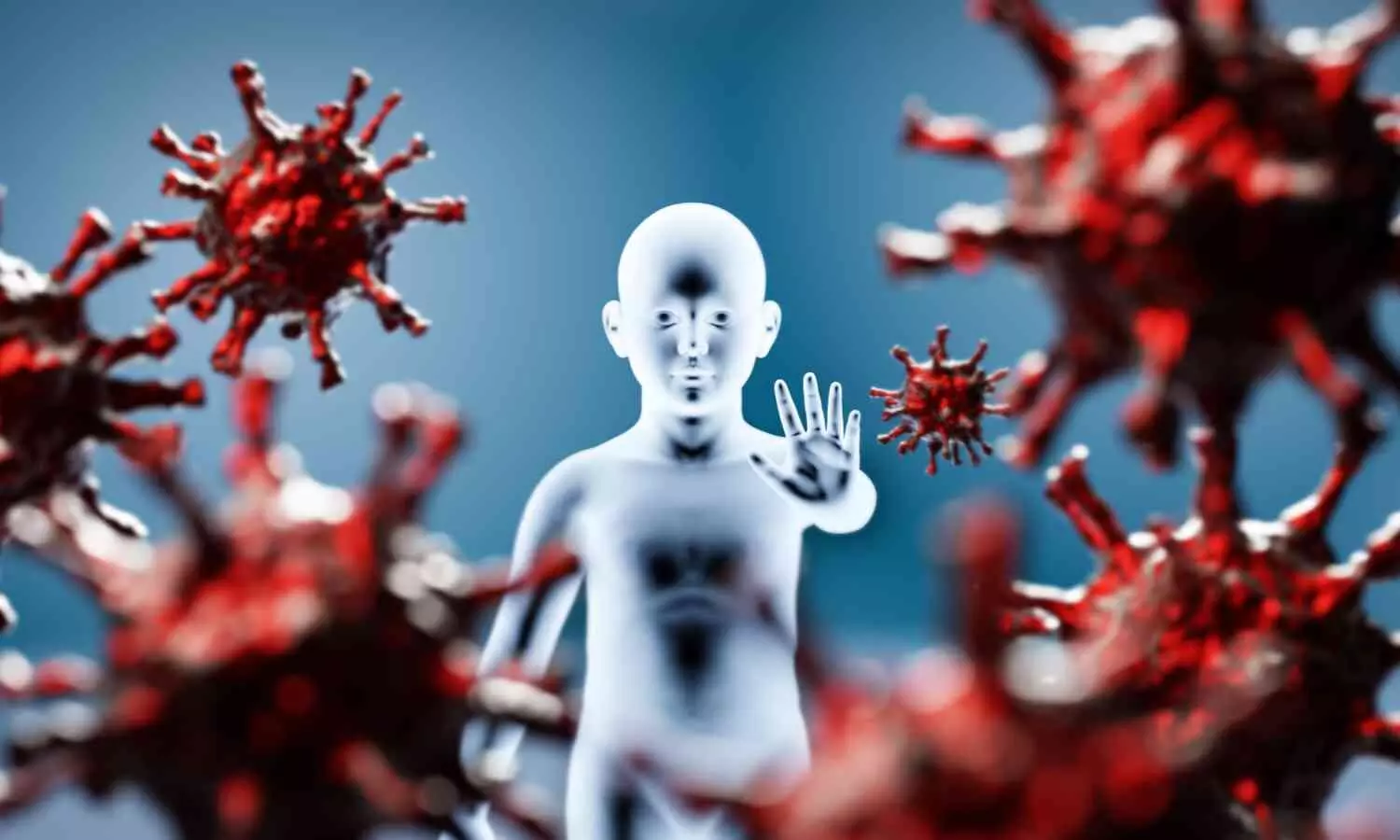Scientists Unveil New Technique to Help Immune System Detect Hidden Cancer Cells

New Delhi: An international team of scientists has developed a promising new approach to make cancer cells visible to the immune system, potentially revolutionizing cancer treatment. The research, led by Israel’s Weizmann Institute of Science (WIS) and involving experts from the US and Germany, has been published in the journal Cancer Cell.
Cancer cells often escape immune detection by producing only a limited number of abnormal proteins, which makes it difficult for immune cells to recognize and eliminate them. The new method disrupts this stealth mechanism by interfering with the cancer cells’ protein production process.
By disturbing the way cancer cells create proteins—a process known as translation—the researchers forced the cells to generate atypical or abnormal proteins. These proteins act as red flags, enabling the immune system to identify and attack the previously hidden cancer cells.
The technique was tested on mouse models and showed highly encouraging results. When used in combination with an existing immunotherapy, which had been largely ineffective against certain types of melanoma, the disrupted translation approach significantly boosted treatment efficacy. In fact, the combined strategy led to the complete eradication or substantial reduction of tumors in approximately 40% of the treated mice.
Dr. Yardena Samuels, who led the research, noted the transformative impact of the method. “An immunotherapy that previously failed against this melanoma type became highly effective once we interfered with the cancer cells' protein translation,” she said.
The study’s findings could prove particularly beneficial for patients with cancers that show few mutations, which typically respond poorly to current immunotherapy options. By providing a new marker for treatment effectiveness, the technique may help expand the pool of patients eligible for immunotherapy.
Looking ahead, the researchers plan to test the approach on other forms of cancer, including breast, pancreatic, and colorectal types. Because the protein translation mechanism is similar across cell types, the team believes the method could lead to more widely applicable and effective cancer therapies in the future.


